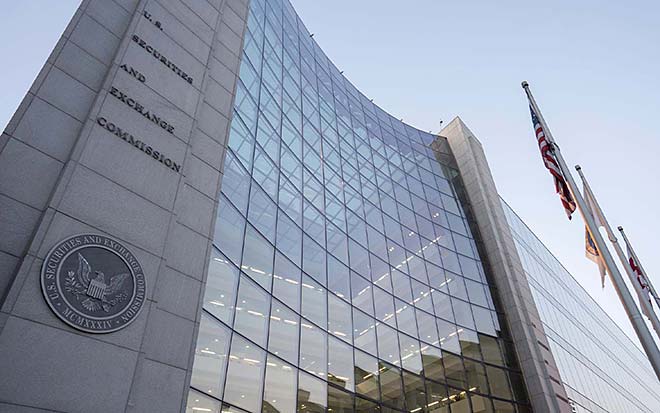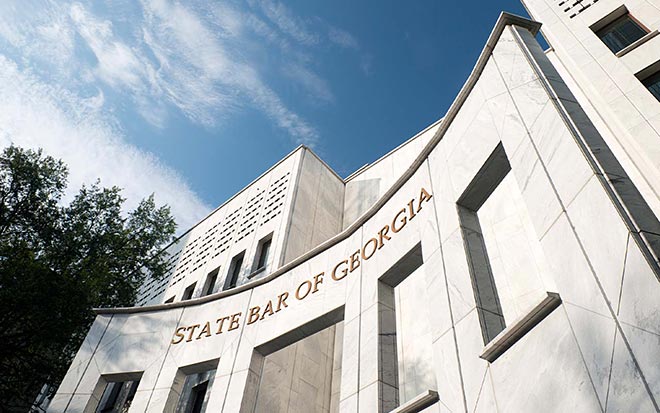July 9, 2024
IRS Releases Final Regulations on 1% Tax on Stock Buybacks Under IRA
On June 28, 2024, the Internal Revenue Service (IRS) released final regulations[1] on the 1% tax on stock buybacks under Section 4501 of the Internal Revenue Code, enacted as a part of the Inflation Reduction Act (IRA).[2] The final regulations retain most of the rules in the proposed regulations,[3] discussed in our Nelson Mullins Tax Report published on April 19, 2024.[4]
The final regulations modify the rule in Reg. § 58.6011-1(a) to clarify that filing stock repurchase excise tax returns is necessary only for tax years in which a qualifying stock repurchase is made. The final regulations clarify that real estate investment trusts and regulated investment companies are exempt from the filing requirements.[5] A companion set of proposed regulations addressing computation of the excise tax[6] is not yet final.
Companies subject to the tax should report their buyback tax using both Form 720, “Quarterly Federal Excise Tax Return,” and a new form specific to the excise tax: Form 7208, “Excise Tax on Repurchase of Corporate Stock.” Generally, the stock repurchase excise tax return must be filed by the due date for the first full calendar quarter after the end of the taxable year of the covered corporation. However, in line with a prior IRS announcement,[7] taxpayers with a tax year ending after December 31, 2022, must report liability for the buyback tax on the Form 720 due for the first full quarter after final regulations are published and payment is due with that filing. Therefore, the 2023 returns would be due on October 31, 2024. If a covered corporation, or person treated as a covered corporation, has more than one taxable year ending after December 31, 2022, and on or before June 28, 2024, the covered corporation, or person treated as a covered corporation, should file a single Form 720 with two separate Forms 7208, (one for each taxable year) attached. No extensions will be permitted for reporting or for payments due.[8]
The IRS and Treasury reserved one provision, Proposed Reg. § 58.6011-1(c), pertaining to surrogate foreign corporations,[9] pending finalization of a related provision cross-referenced in it.
The 1% Excise Tax on Stock Buybacks – Further Background
The 1% excise tax took effect for stock redemptions occurring on or after January 1, 2023. The basic tax regime includes the following features:
- Section 4501 imposes on each covered corporation an excise tax (stock repurchase excise tax) equal to 1% of the fair market value of any stock of the corporation that is repurchased during a taxable year. The amount of the stock repurchase excise tax equals the product obtained by multiplying 1%, by the “stock repurchase excise tax base” of the covered corporation
- A covered corporation is not subject to the stock repurchase excise tax with regard to a taxable year if, during that taxable year, the aggregate fair market value of the covered corporation’s repurchases of its stock does not exceed $1,000,000 (the “de minimis exception”)
- Covered corporation. For purposes of the stock repurchase excise tax, the term covered corporation means any domestic corporation the stock of which is traded on an established securities market (within the meaning of Section 7704(b)(1))
- No deduction is allowed for the payment of the stock repurchase excise tax.
Section 4501(e) provides that subsection (a) shall not apply:
- to the extent that the repurchase is part of a reorganization (within the meaning of Section 368(a)) and no gain or loss is recognized on such repurchase by the shareholder under chapter 1 by reason of such reorganization,
- in any case in which the stock repurchased is, or an amount of stock equal to the value of the stock repurchased is, contributed to an employer-sponsored retirement plan, employee stock ownership plan, or similar plan,
- in any case in which the total value of the stock repurchased during the taxable year does not exceed $1,000,000,
- under regulations prescribed by the Secretary, in cases in which the repurchase is by a dealer in securities in the ordinary course of business,
- to repurchases by a RIC or a REIT, or
- to the extent that the repurchase is treated as a dividend
A key feature of the 1% excise tax is the offset for new stock issues in the same taxable year as the stock buyback (the “netting rule”). The 1% excise tax applies to the fair market value of any repurchases of stock by a covered corporation during its taxable year, reduced by (i) the fair market value of any repurchases excluded by an exception listed in Section 4501(e) above, and (ii) the fair market value of any issuances of the covered corporation’s stock during its taxable year that, under Section 4501(c)(3), offset the amount of any repurchases of the covered corporation’s stock (therefore, the use of the term “netting rule”).
The netting rule reduces the amount taken into account under Section 4501(a) with respect to any stock repurchased by a covered corporation by the fair market value of any stock issued by the covered corporation during the taxable year, including the fair market value of any stock issued or provided to employees of the covered corporation or employees of a specified affiliate of the covered corporation during the taxable year (whether or not the stock is issued or provided in response to the exercise of an option to purchase the stock).
Special rules apply to acquisitions of stock by applicable specified affiliates of a covered corporations, often economically equivalent to a stock buyback by the covered corporation itself. If an applicable specified affiliate of an applicable foreign corporation acquires stock of the applicable foreign corporation from a person that is not the applicable foreign corporation or a specified affiliate of such applicable foreign corporation-
- the applicable specified affiliate is treated as a covered corporation with regard to the acquisition,
- the acquisition is treated as a repurchase of stock of a covered corporation by the covered corporation, and
- the netting rule adjustment under Section 4501(c)(3) is determined only with respect to stock issued by the specified affiliate to employees of the specified affiliate
Nelson Mullins will continue to monitor the status of the proposed and final regulations dealing with the 1% stock buyback tax and provide updates as appropriate. If you have any questions or comments about the foregoing summary of the proposed regulations, please contact Wells Hall, Maurice Holloway, Tim Wagner, Amanda Wilson, Deepan Patel, or Seth Proctor, who have contributed to the preparation of this Report, or any other member of the firm’s tax practice group.
[2] H.R. 5376. References to “Section” in this Report refer to Sections of the Internal Revenue Code of 1986 (the “Code”) and references to “Reg. §” refer to Proposed and Final Regulations promulgated under the Code.
[4] Nelson Mullins - Nelson Mullins Tax Report – IRS Releases Proposed Regulations on 1% Tax on Stock Buybacks under IRA
[5] The Investment Company Institute and NAREIT submitted a May 13 comment letter noting that REITs and RICs are exempted from the buyback tax and should not be required to file Form 7208. The proposed regulations would have included them in the filing requirement.
[7] Announcement 2023-18, 2023-30 IRB 366.
[8] The final regulations tie the application of the initial filing requirements to the date the final regulations were filed with the Federal Register, instead of the date on which they are published there, explaining that the adjustment as needed “to facilitate the IRS’s administration and enforcement” of the tax while providing guidance to taxpayers “as quickly as possible.” The final regulations are effective June 28, 2024.
[9] The term “covered surrogate foreign corporation” means any surrogate foreign corporation (as determined under Section 7874(a)(2)(B) by substituting “September 20, 2021” for “March 4, 2003” each place it appears) the stock of which is traded on an established securities market, but only with respect to taxable years that include any portion of the applicable period with respect to such corporation under Section 7874(d)(1). Section 4501(d)(3)(B).
Established in 1897, Nelson Mullins is a full-service Am Law 100 firm of more than 1,000 attorneys, policy advisors, and professionals with offices across the United States. For more information, go to www.nelsonmullins.com.












